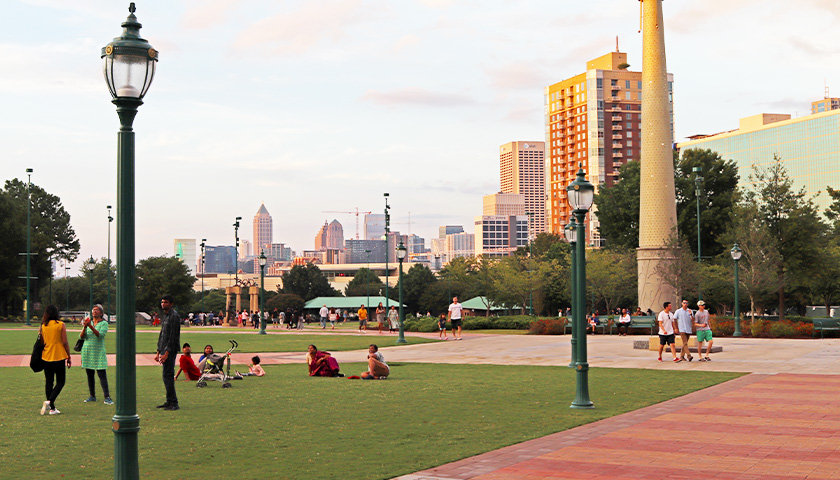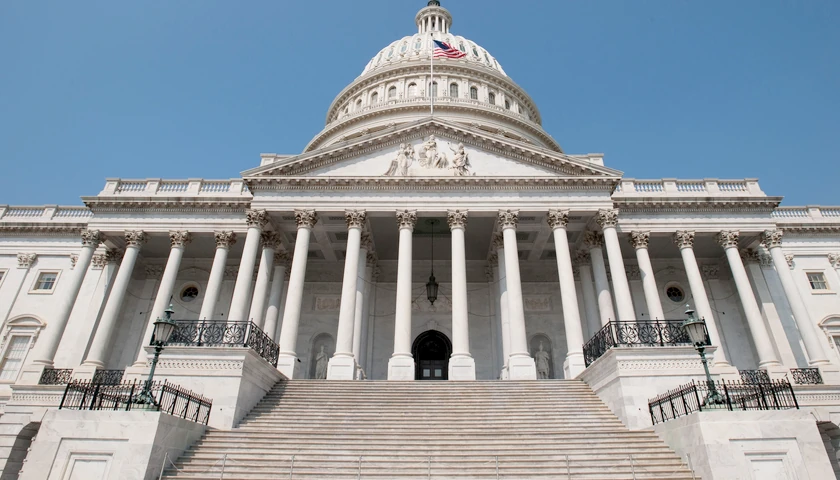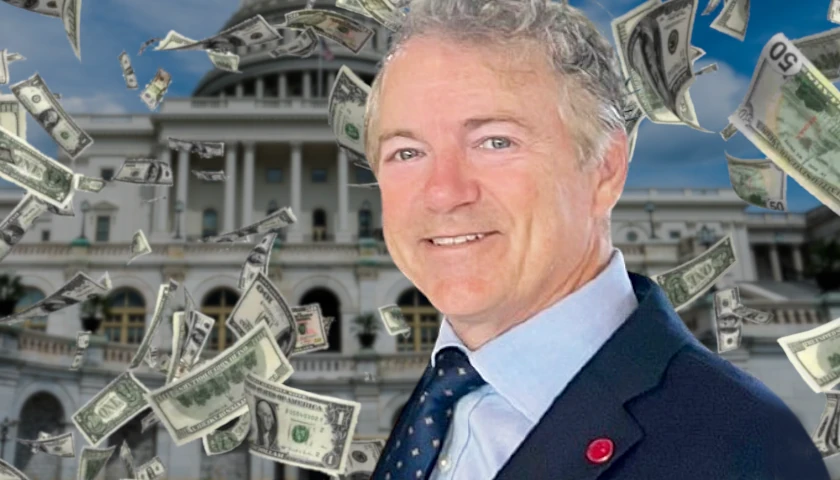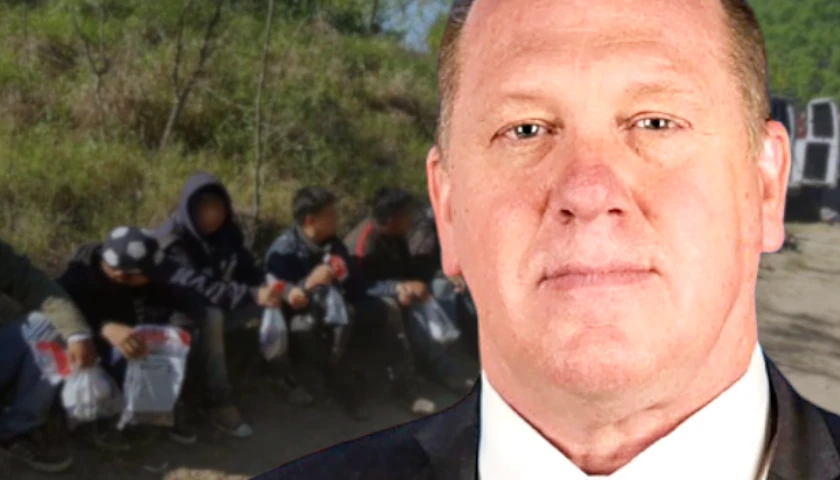by T.A. DeFeo
Georgia officials plan to use federal COVID relief money to fund improvements to sidewalks, parks and “healthy food access.”
The state intends to use American Rescue Plan dollars to fund the $250 million “Improving Neighborhood Outcomes in Disproportionately Impacted Communities” grant program.
The state will award up to $2 million per qualified project. State officials say the program will lower levels of mortality and illness.
“Though we have long since turned the corner on the pandemic, we know there are still some lingering public health impacts of COVID-19 that are broader than the disease itself,” Gov. Brian Kemp said in an announcement.
“They include mental health challenges and unhealthy physical conditions caused by isolation,” the governor added. “That’s why throughout the pandemic, we worked hard to keep our state parks and recreational facilities open and operating safely, encouraging people to continue to utilize environments where they could socially distance, get outdoors, get fresh air, and exercise.”
The state will allocate funds to local governments, counties or nonprofits. To be eligible, projects must be located in a Georgia Qualified Census Tract, and communities can submit applications for funding starting Sept. 1.
Kemp has continued to slowly announce projects using federal COVID relief funds, presumably to harness the power of the incumbency in an election year. Georgia Democrats have disparaged the governor for criticizing Washington’s policies while taking credit for initiatives funded with federal dollars.
“While Kemp blasts [President Joe] Biden, he’s quick to spend the funds provided by the President’s efforts and brag about the projects on the campaign trail — hypocrisy at its finest,” Max Flugrath, a spokesman for the Democratic party of Georgia, said in a statement last week about using ARP funds.
Andrew Isenhour, a spokesman for Kemp, did not respond to a request from The Center Square.
– – –
T.A. DeFeo is a contributor to The Center Square.
Photo “Centennial Olympic Park” by Don McCulley. CC BY-SA 4.0.





